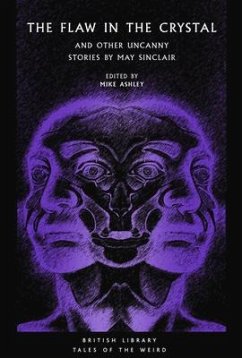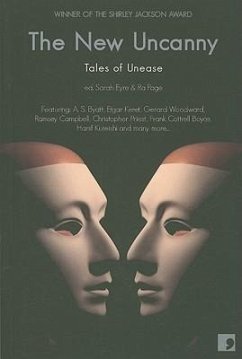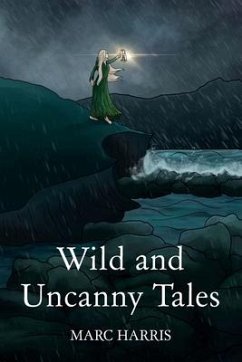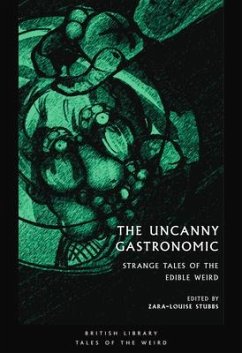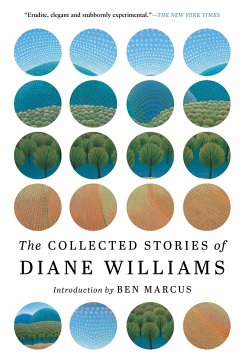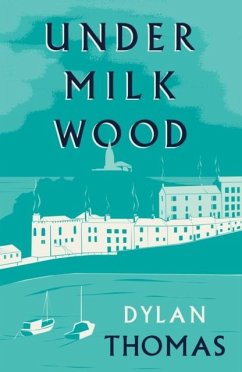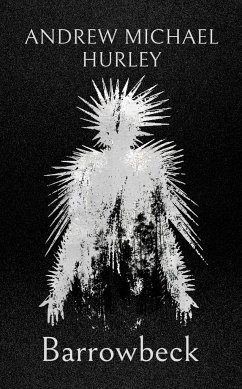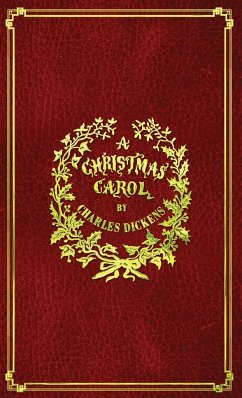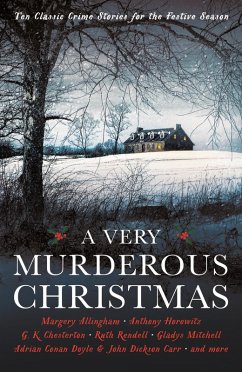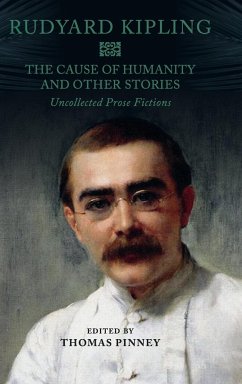
Uncanny Stories
Versandkostenfrei!
Versandfertig in über 4 Wochen
10,99 €
inkl. MwSt.
Weitere Ausgaben:

PAYBACK Punkte
5 °P sammeln!
Falling into trap of writing commercially successful literary fiction, sure to alienate literary critics of yore, May Sinclair's reputation has been unfairly diminished in recent years - although in her day she drew the praise of writers as respected and disparate as George Orwell and Agatha Christie. Combining the traditional ghost story with Freudian logic and Modernist values, these Uncanny Stories - the first of two supernatural story collections - are a thrilling, familiar read, and yet a shocking departure from the genre as it was known, and makes for as compelling a read today as the ...
Falling into trap of writing commercially successful literary fiction, sure to alienate literary critics of yore, May Sinclair's reputation has been unfairly diminished in recent years - although in her day she drew the praise of writers as respected and disparate as George Orwell and Agatha Christie. Combining the traditional ghost story with Freudian logic and Modernist values, these Uncanny Stories - the first of two supernatural story collections - are a thrilling, familiar read, and yet a shocking departure from the genre as it was known, and makes for as compelling a read today as the day they were written.




